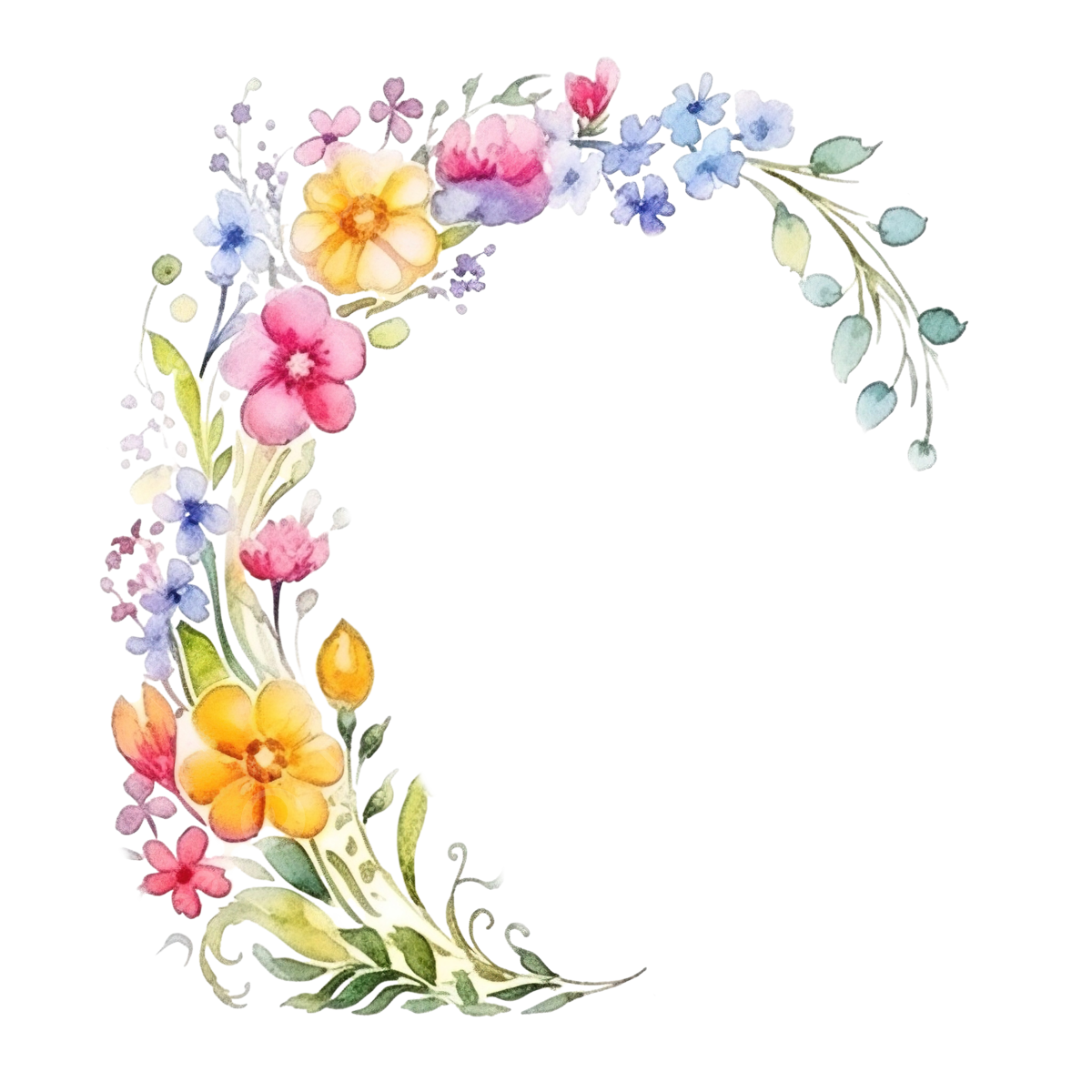
Can you hear the birds sing: it’s Spring!
After a little sun and little shower, out will pop a little flower
Spring is in the air, and colorful flowers are everywhere
Springtime brings a gusty breeze, too bad Springtime makes me sneeze!
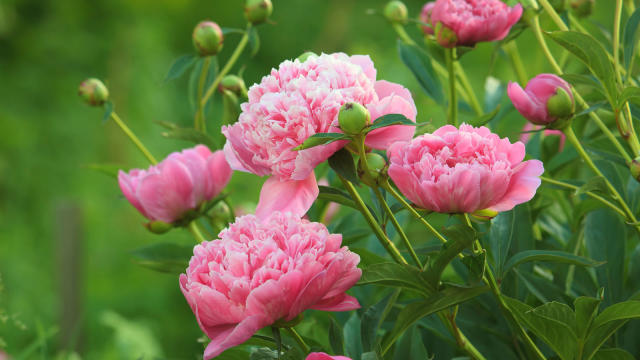 Peonies, Waiting, and Jesus
Peonies, Waiting, and Jesus
1. God’s timing is perfect Peonies bloom slowly, but when the time is right, they dazzle. God’s plans for your life and your leadership may be revealed a little slower than those around you, but use the waiting to grow deep roots in God’s Word so that when the time is right, you’ll be ready. Isaiah 40:31 reminds us: “But they who wait for the Lord shall renew their strength; they shall mount up with wings like eagles; they shall run and not be weary; they shall walk and not faint.” It is the hard, unseen work that happens deep underground, months before we see the first flower, that sets the peony up for success. Without those deep roots, that preparation and waiting for their turn to blossom, we wouldn’t get to experience the full glory of God’s creativity on display. The same is true for us – you and I can bloom in the waiting as we do the hard, unseen, unglamorous work that draws us deeper into our relationship with God.
2. God’s made all things to work together Peonies and ants, according to one site, are like peanut butter & jelly – they’re designed to need each other. If you’ve ever cut fresh flowers and brought them inside you’ve noticed how many little ant friends travel along with them. Or maybe you’ve experienced how essential bees, butterflies, and birds are to the beautiful flowers we like to enjoy. We are not meant to lead and live alone either. We need other women to work in our lives, helping us to open up, discover the gifts God has given us, and then use those to nourish and bless the next generation. 1 Thessalonians 5:11 says, “Therefore encourage one another and build one another up, just as you are doing.” As Christians, collaboration instead of competition isn’t something new. Putting others first, honoring one another, living selflessly and humbly is part of who we’re called to be when we choose to follow Jesus. We need one other to become the best versions of who God made us to be – it’s not through our selfishness that we’ll bloom, but through our generosity as we work alongside one another, using our gifts for God’s glory.
3. Like peonies, the good news about God is better when shared with a friend Have you ever had someone surprise you with flowers, just because? It’s honestly one of my favorite things, because it means someone was thinking about me – not because they were obligated on my birthday or Valentine’s Day. If I could, I would send you each some flowers today as a reminder of how chosen, cherished, and called you are. Good things are always better when we share them with someone else, and Romans 1:16 is a perfect reminder when we feel unsure about using our influence to share God with someone in our lives: It says, “For I am not ashamed of the gospel, for it is the power of God for salvation to everyone who believes.” When you have something that good, why would you want to keep it to yourself? God sent His only Son to die on the cross for everyone – and it’s our calling to go and share that amazing gift with the people God puts in our lives. Maybe right now, in the waiting, it feels like you can’t do that the way you’re used to. Someone mentioned on our church live chat yesterday how much he misses being a greeter every Sunday. What he couldn’t see was how I watched him show up, week after week, to check in with friends online, greeting people and using his gift of hospitality in a new way. Waiting does not need to mean the end of our ministry or our leadership. Sometimes it’s simply the beginning of a creative new way to serve God that we would have never experienced before. In every book in the Bible has a story about waiting – and in every case you’ll discover that the waiting is never wasted. Here you go: If peonies know how to close up at night for protection and to reserve energy, why is it a surprise that God designed us for work AND rest? Could the waiting be God’s invitation for you to fortify your soul by resting and trusting in Him so that you can be ready to shine brilliantly for Him when the time comes?
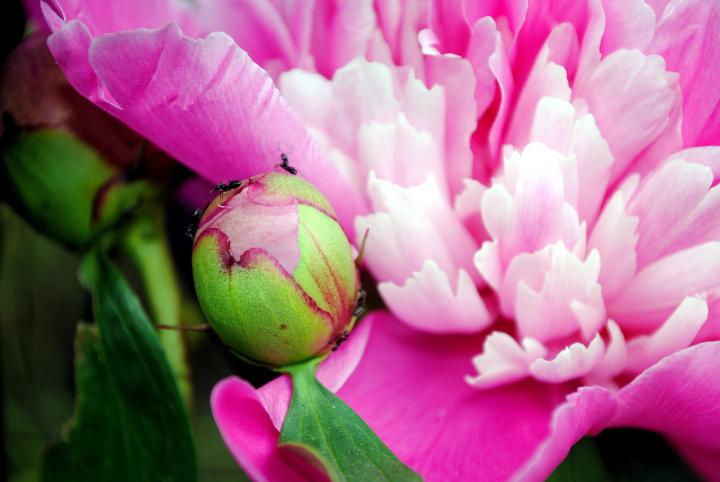
Do peonies really need help from ants to bloom? Garden folklore says that ants “tickle the buds” to help the flowers open. Peonies and ants do have a mutually-beneficial relationship, but it’s not quite what you may think. Here’s the story about peonies and ants—plus, tips on how to bring peonies indoors without the ants continue...
Biblical Meaning of Peony, Spiritual Symbolism, Colors
Biblical Meaning of Peony
what-is-peony-flower
Flowers in Mythology
This morning the green fists of the peonies are getting ready
to break my heart
as the sun rises,
as the sun strokes them with his old, buttery fingers
and they open–
pools of lace,
white and pink–
and all day the black ants climb over them,
boring their deep and mysterious holes
into the curls,
craving the sweet sap,
taking it away
to their dark, underground cities–
and all day
under the shifty wind,
as in a dance to the great wedding,
the flowers bend their bright bodies,
and tip their fragrance to the air,
and rise,
their red stems holding
all that dampness and recklessness
gladly and lightly,
and there it is again–
beauty the brave, the exemplary,
blazing open.
Do you love this world?
Do you cherish your humble and silky life?
Do you adore the green grass, with its terror beneath?
Do you also hurry, half-dressed and barefoot, into the garden,
and softly,
and exclaiming of their dearness,
fill your arms with the white and pink flowers,
with their honeyed heaviness, their lush trembling,
their eagerness
to be wild and perfect for a moment, before they are
nothing, forever?
According to ancient Greek mythology, a divine drama inspired the name of the peony. Like so many stories, this one begins with war. Herakles, the greatest of great Greek heroes, and Pluto, the god of the underworld, find themselves on the opposing sides. During a spectacular battle, Herakles manages to wound Pluto with an arrow to the shoulder. Pretty epic, even for Herakles.
Not being used to being wounded, the god of the underworld retires to Mount Olympus. When he can’t find the god of medicine, Asklepios, he asks one of his students to help him. This happens to be the talented god Paean. He heals the dishevelled deity by sheer talent and a new kind of medicine: a beautiful flower growing on Mount Olympus. Paean’s career as a doctor-to-the-divine is off to a great start! But, alas, there’s one problem: his teacher Asklepios is deadly jealous…
In an unexpected – but storywise very thrilling – twist Asklepios decides to murder his student to prevent further embarrassment. Zeus, finding the body of Paean, decides to honour the ambitious student by transforming him into the beautiful flower that saved Pluto’s life. And that’s why these flowers are now called “Paeonia”. We’re not sure what happened to Asklepios, but let’s all agree he should probably stop practising medicine.
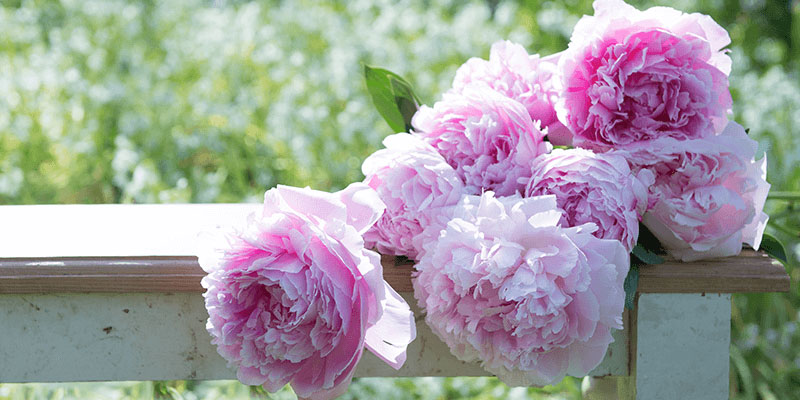
In Greek mythology, Paeon was the physician to the gods who angered his teacher Asclepius after he extracted a milky liquid from the root of a peony that cured Pluto. Asclepius was the god of medicine and healing. He threatened to kill Paeon out of jealousy because he was outsmarting his teacher. Zeus saved him by turning him into a beautiful flower, the peony.
Another myth links the name Peony back to a nymph named Paeonia whose beauty attracted the attention of Apollo. Out of spite, Aphrodite turned her into a peony. This legend is likely what led to the flower’s meaning of poor luck in the Victorian age.
Peonies have been reported to have dated back to 1000BC in the gardens of China and by the eighth century, they had reached Japan who are major producers of the peony. In the Eastern world, peonies were mainly used for their medicinal properties. The peony's roots and seeds were frequently used to treat headache and asthma and to relieve pain associated with childbirth.
Tree peonies were first brought to Europe in the early 1800s, after being discovered by explorers. Nowadays, they're incredibly popular as ornamental garden plants and cut flowers.
Here are a few flowers and some of their symbolic meanings (mostly Christian symbols; I don’t yet have enough knowledge to cover other religious meanings but it is something I am interested in learning!):
Columbine (Aquilegia) — wisdom and strength, piety and fear; a symbol of salvation, the triumph of life over death; an aphrodisiac;
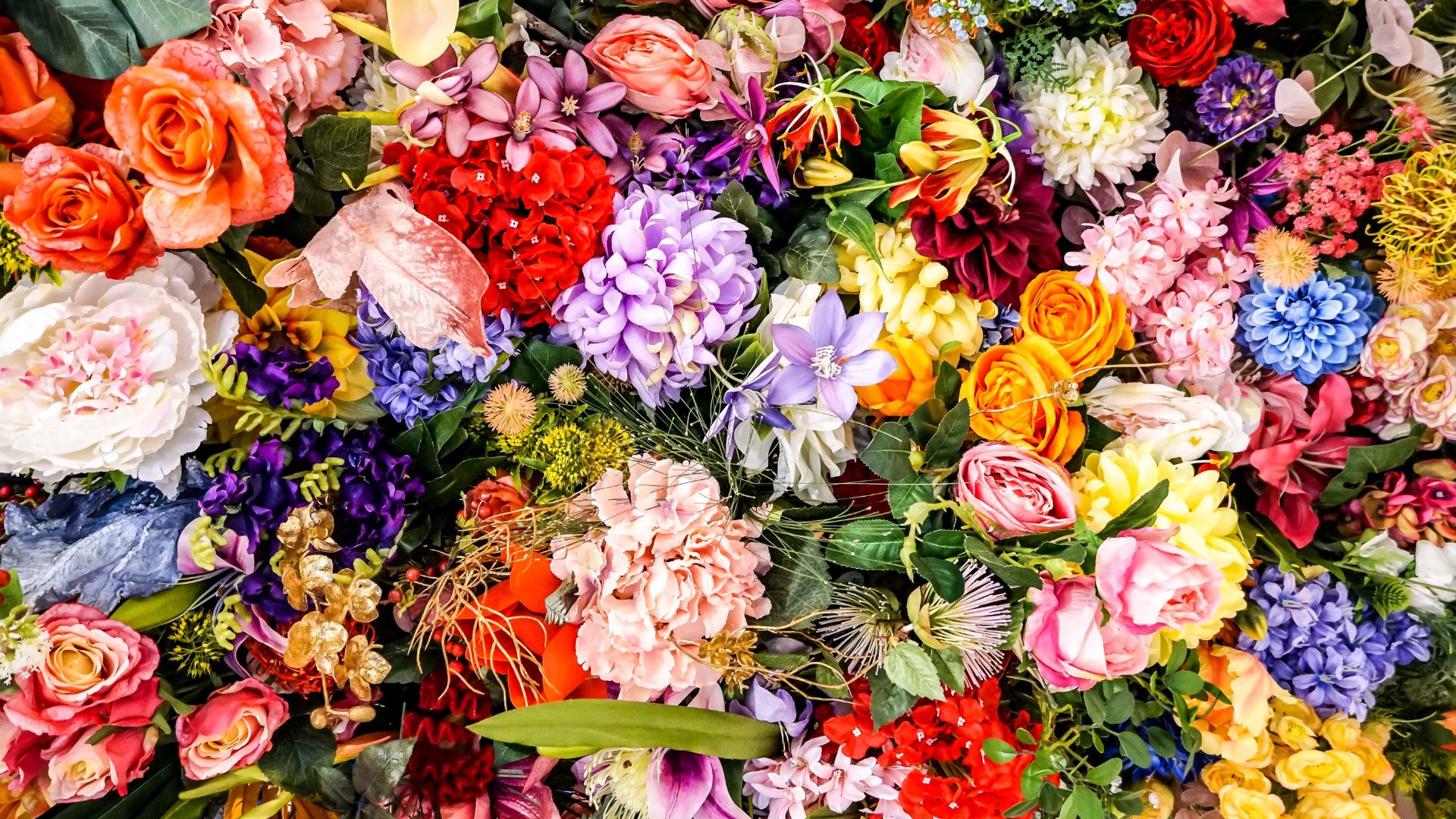
Read more Aesop's Fables
Native American Fairy Tales, Folk Tales and Fables